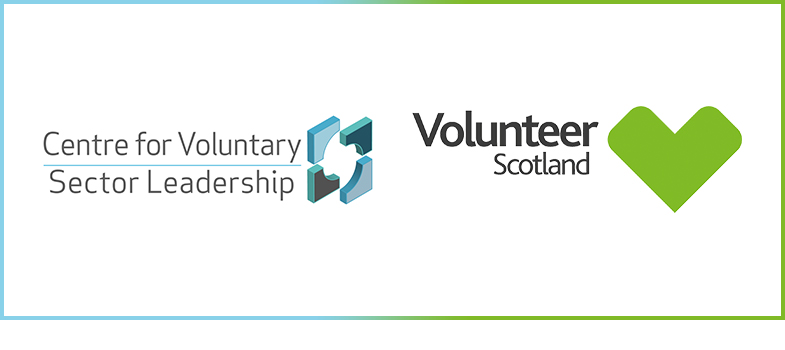‘Enjoy it, love it, be happy!’ activity
In this activity you are asked to think about how you listen to and learn from volunteers, to ensure an individual’s expectations are met and they continue to love their volunteering.
Activity 10
Thinking about the opportunities to listen to and learn from volunteers that are appropriate in your context:
- What kinds of opportunities exist at present for volunteers to share their reflections and learning?
- What happens to any insights, recommendations or offers from volunteers? How are they acted on? How are volunteers involved in the process?
- Can volunteers see evidence that their views matter and the group or organisation learns from them?
- How do you continue to support volunteers to ensure that their volunteering is meeting their expectations and they are not taking on too much?
Don’t forget to record your reflections in your learning journal.
Discussion
Listening to volunteers and learning from them is not simply a matter of having regular meetings or a consultation, or asking them to fill in an evaluation or feedback form. These forms can sometimes appear tokenistic, or even become a chance for people to moan about things they don’t like. This is less likely to happen if volunteers have regular opportunities to engage in conversations about their contribution to making a difference. And, as a result, volunteers will feel a sense of ownership over the process.
Tania gives an example of responding to a volunteer’s feedback, showing that the positive culture of engagement in the organisation meant the volunteer felt able to voice their thoughts.

Transcript: Tania, Volunteer Co-ordinator, GALE. All rights reserved.
It is important to develop an appropriate process by which volunteers feel that they have a real say in how a group or an organisation works. This means active involvement goes beyond opportunities to be listened to and engages volunteers in the design and development of practice.
The community gala group volunteers talk about what happens once the event is finished: ‘We have a meeting after the gala day and talk about what worked well and how we could improve things.’
There have been positive changes as a result of this: ‘A volunteer suggested that we change the layout of the stalls and events on the gala day. We did this, and it worked better as it was more organised.’ And, ‘We stopped the parking on the grass at the park as it was pointed out that it was damaging the grass.’
5.1 ‘Enjoy it, love it, be happy!’
